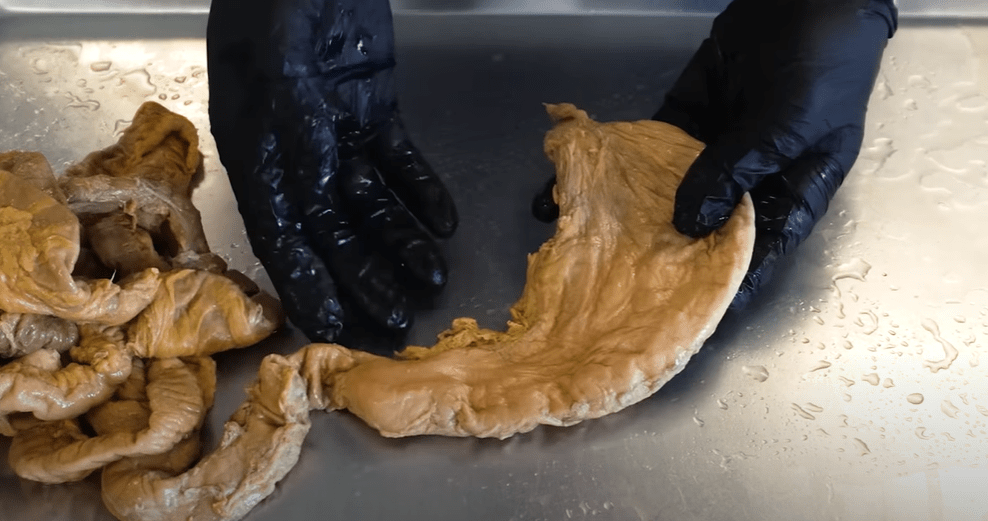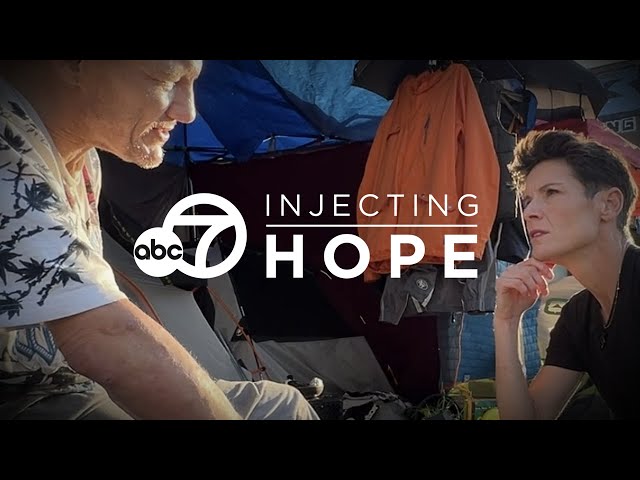Introduction
This video by the Institute of Human Anatomy discusses “the pathway alcohol takes as it travels through your body.” It covers the various organs and tissues that interact with booze and how a hangover occurs, as well as how it can effect people differently. You’ll see real cadavers (body parts) and it’s really quite interesting.
Watch Now!
After watching the following video, you are welcome to share your experience by providing a review of the resource.
Quotes
“Alcohol, or more properly known as ethanol, is a legitimate toxin. While there are studies that have shown that small amounts of daily alcohol consumption can actually be good for you, those studies are pretty inconsistent with each other and you’d be hard-pressed to find anybody willing to say that it is overall healthy for you.”
“If you drink alcohol on an empty stomach, the pyloric sphincter is going to be more open and the alcohol is going to just enter into the small intestines – meaning that on an empty stomach alcohol is going to get into your bloodstream quicker.”

“The stomach is actually going to be the very first real place that alcohol is going to be absorbed into the body, and it’s somewhere around 10-15%. The vast majority of alcohol is going to get absorbed in the small intestine.”
“The amount of alcohol you consume, and the time frame you consume it has a pretty strong influence on the livers ability to convert it all the way into acetate. So what will happen is you drink it, it gets absorbed, it’s permeating the tissues, but it isn’t able to handle the entire workload all at once. So some of that ethanol is going to make its way into the bloodstream. The liver is going to send this blood directly into the heart … the heart is going to beat and send that blood directly to the lungs.”
“Ethanol stimulates what’s known as your Sympathetic Nervous System – this is your “Fight or Flight” aspect of your nervous system. What that means is it’s going to accelerate the heart rate. So the heart’s going to just start beating, and as it starts beating it’s going to start pushing the blood even more forcefully to things like muscles. It’s also going to cause you to sweat.”
“Think of all the ethanol that is hitting the skeletal muscle tissue. And that can actually have an effect on protein synthesis. So let’s say you went to the gym earlier that day and you got a really great workout in, and then later that night you decided to have a few drinks. Well, those drinks could possibly negate … a significant portion of your gains because the alcohol prevents proteins from being built inside of the muscle tissue.”
Continue Learning
Please view the following additional resources to continue learning about some of the topics discussed in this resource. If you have any suggestions, concerns or general comments, feel free to contact me as well!





